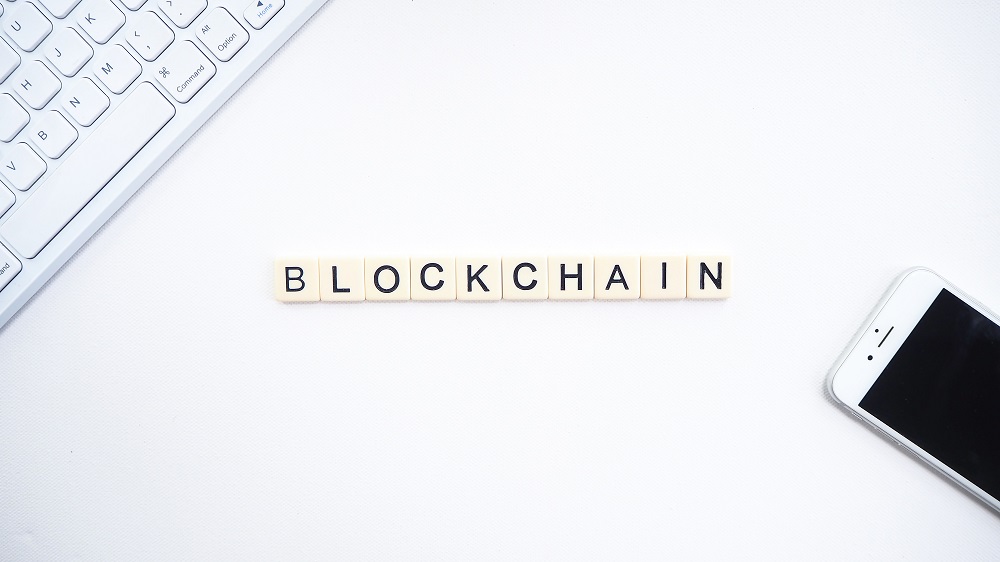The Blockchain Issues and Limitations Anyone Can Face

There are deceptive leads in any technological innovation. Some people associated with the blockchain industry pointed out that blockchain has become overhyped, when, in actual, the technology has drawbacks and is not suitable for several digital interactions.
But via research and development, success and failure, and attempts, we’ve come to know the current issues as well as limitations of blockchains.
Intricacy
Blockchain technology includes a completely new vocabulary. It has already made cryptography more mainstream, but the specialized industry is full of jargon. Positively, there are many efforts to provide with glossaries and indexes that are thorough as well as easy to understand.
Size of the Network
Blockchains such as all the distributed systems are not that much resistant to wrong activists as they are ‘antifragile’ – i.e., they respond to attacks and grow even stronger.
This needs an extensive network of users, though. If blockchain is not a robust system with a widely distributed nodes’ grid, it becomes more typical to reap the full advantage.
There are some doubts related to whether this a deathly flaw for some permitted blockchain projects.
Transaction fees & network speed
Bitcoin now has considerable transaction fees after being called ‘near free’ in the beginning years of its existence.
Considering late 2016, it could only function about seven transactions in a second, and each transaction costs approx. $0.20 and can just store 80 bytes of data.
There is even the politically charged scenario of using the bitcoin’s blockchain, not for the transactions, but in the form of a store of information. This is the issue of ‘‘bloating’ and is often disapproved because it pushes miners to reprocess and rerecord the information perpetually.
Human absurdity
If a blockchain is being used as a database, the data going into the database requires to be of high quality. The data saved on a blockchain is not inherently worthy of being trusted, so events have to be recorded appropriately in the first place.
The phrase ‘garbage in, garbage out’ stays true in a blockchain system of record, such as in the case of a centralized database.
Unavoidable security bug
There is one significant security flaw in bitcoin as well as other blockchains: if more than half of the computer systems functioning as nodes to service the network misfunction, the misfunctioning will become a part of the whole process. This is known as a ‘51% attack’ and was enlighted by Satoshi Nakamoto when he introduced bitcoin.
That’s why bitcoin mining pools are analyzed closely by the community, making sure that no one unknowingly gets such network influence.
Politics
Because blockchain protocols propose a chance to digitize governance models, and as miners are vitally forming another type of mature governance model, there have been a lot of opportunities for public disagreements among different community sectors.
These disagreements are an essential feature of the blockchain platform and are expressed most clearly around the issue or event of ‘forking’ a blockchain, a procedure that includes updating the blockchain protocol while a majority of blockchain users have agreed to it.






